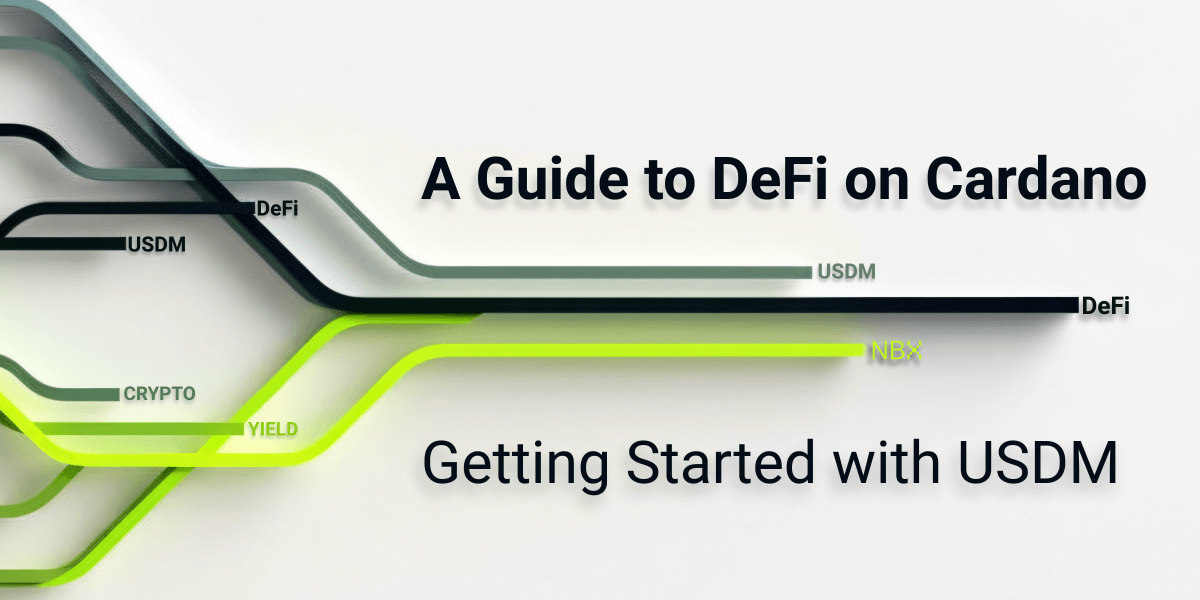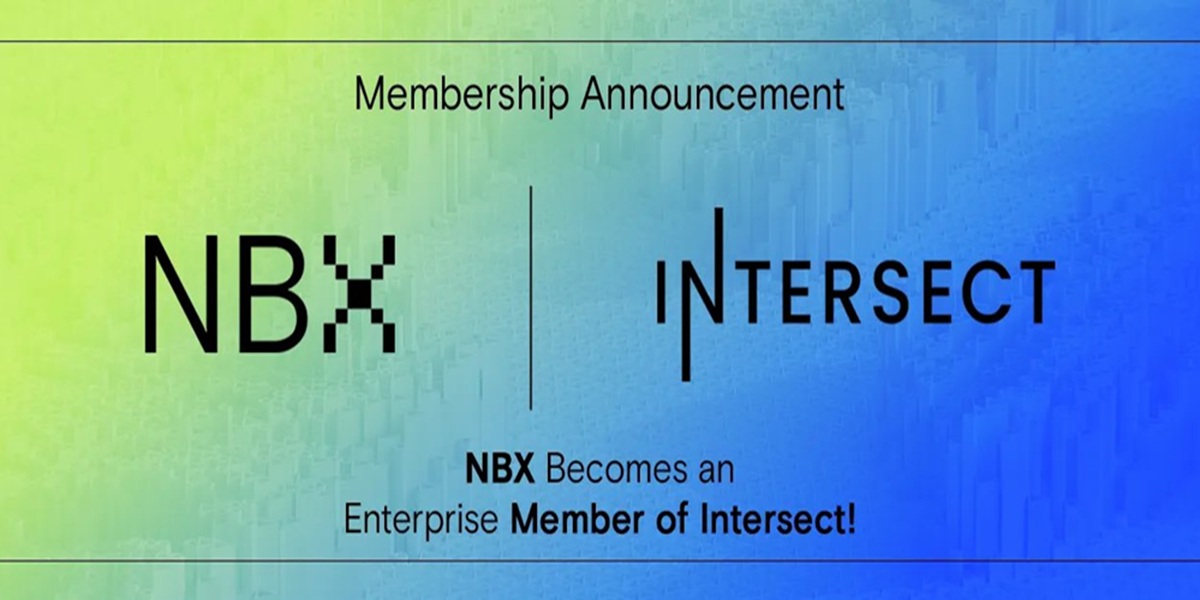USD Coin is one of the most trusted stablecoins in existence and currently, the only stablecoin that is supported for investing and trading here at NBX. Therefore, in understanding what it is and how it works, you can easily get familiar with how owning a stablecoin can benefit you as an NBX user.
As mentioned in our dedicated article on stablecoins, USD Coin is a fiat-backed stable coin. Historically, USD Coin has been one of the most "stable" Stablecoins on the market, having consistently maintained its target value or "peg."
USD Coin is not just a stablecoin. It's also what is called a "ERC-20 token," which means that it is a cryptocurrency that exists in digital (smart) contracts built on the Ethereum network. Generally, a smart contract is a software program that works like a contract because it performs certain actions like cryptocurrency transfers when certain coded-in conditions are met.
For every $1 held in a bank account by Centre, the consortium that runs the USD Coin project, 1 USDC is issued. Regular audits are run to prove that Centre holds the equivalent US Dollars that it should be holding and published on its website. So, while USD Coin is a cryptocurrency, it's not decentralized like Bitcoin since a small group of companies control its issuance.
Centre does.
Centre is a consortium, which as suggested above, means that it is a group of companies who own the USD Coin reserves and the project at-large. This group mostly consists of a company called Circle and Coinbase, which is a well-known cryptocurrency exchange in the United States.
In addition to continuously funding the USD Coin project, both Circle and Coinbase also allow their users to invest in the stablecoin on their online platforms.
Despite all of this, if you buy USD Coin, you own it and the rights to exchange it for the equivalent US Dollars that your holdings are backed by at any time.
USD Coin is safe to use. Similarly to all Ethereum-based cryptocurrencies (ERC-20 tokens), it's encrypted in and protected by its smart contracts and the wallets of users who own it. Centre's US Dollar reserves are insured, which means that if at any time, a catastrophic event occurred in which it lost a large amount of US Dollars, it would still have to honor user exchanges.
USD Coin is the first example of the US Dollar on the blockchain. Since its value holds constant, it can be used for all sorts of use cases like paying employees instantly or doing the same when giving money to charity. This second use case is particularly interesting because since USD Coin transactions are tracked on the Ethereum blockchain, you can always see exactly where they go, making the donation process completely transparent.
In addition to these use cases, USD Coin is often used as a "hedge" by traders, like any other stablecoin. This means that they try to hold a certain percentage of USD Coins in their portfolio of cryptocurrencies to offset the volatility that non-stablecoins bring.
If you thought that this was all of the use cases for USD Coin, then you're happily mistaken.
USD Coin is also used by investors and traders worldwide as a sort of stablecoin-based bank account because most platforms offer interest for holding it. Since this interest has historically been 2% or higher, it would seem that a USD Coin account could be more lucrative than most traditional savings accounts. Thus, USD Coin and any other stablecoins like it have the potential to change the global financial system dramatically.
Because the USD Coin project is backed by and essentially controlled by Circle and Coinbase, these two companies or any misfortune that befalls them, could theoretically shut it down one day. Working against this possibility, however, is the fact that a USD Coin is not literally a US Dollar.
Yes, the project is tied to the global, fiat-based financial system through its reserves, but its contracts that hold USD Coin cannot be shut down by any means. This is because as a general rule, similarly to the Bitcoin network, a smart contract is immutable(set in stone) once it is live.
So, in the end, the major risk for USD Coin is the fact that Circle, Coinbase, and the other members of Centre control its reserves in US-tied bank accounts. Therefore, USDC's status as a reliable currency will continue as long as the US Government continues to let it operate.
Coinbase and Circle are not the only locations where you can buy USDC. Here at NBX, we support USD Coin purchases with Norwegian Krone, which also means that you can gain exposure to US Dollars without even having a traditional US bank account. Signup for an NBX account here.
The article does not constitute financial advice.


